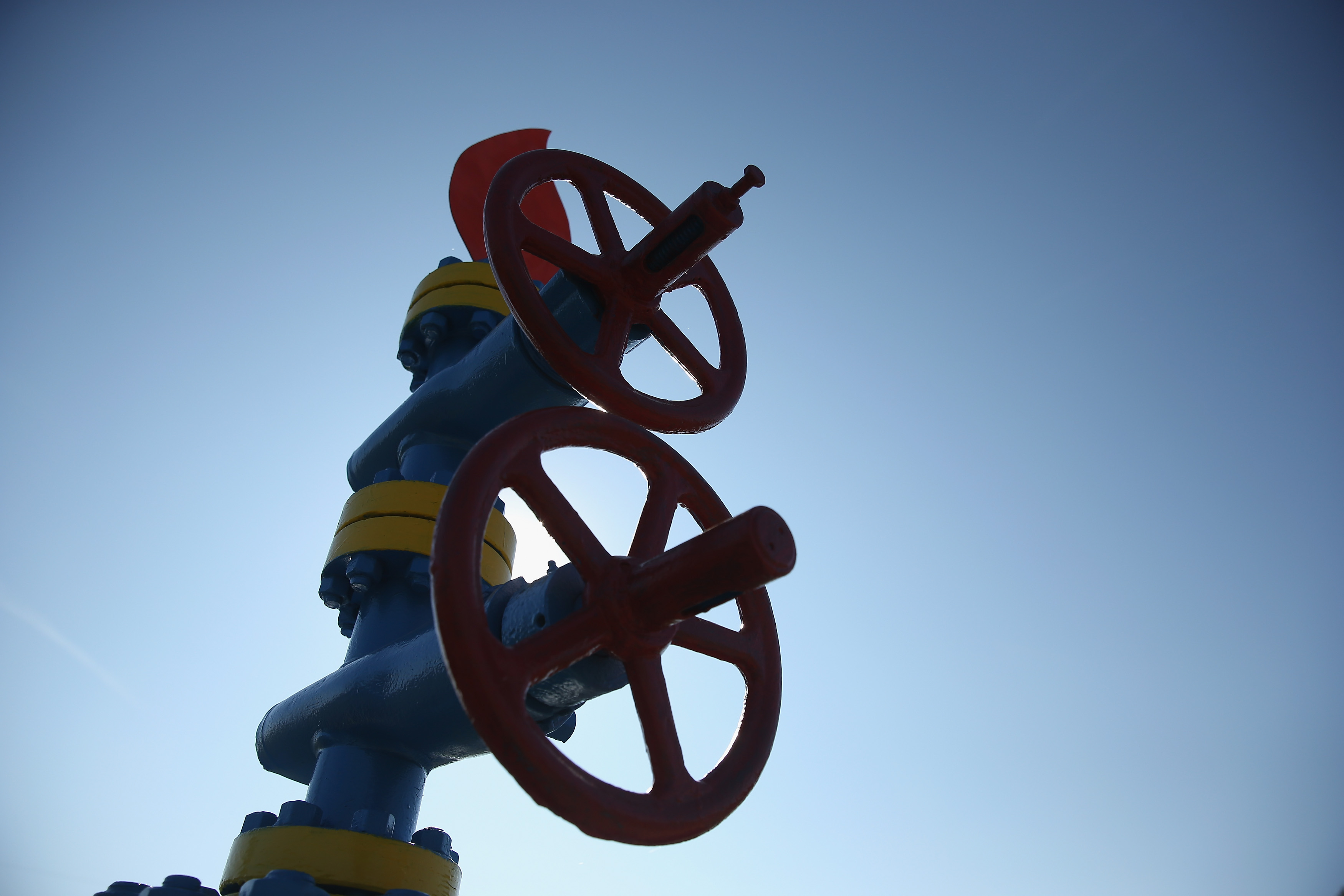Exclusive: Ukraine faces supply shock this winter without more support

Ukraine needs urgent financial support from its Western allies to prevent people freezing to death this winter, warned the country’s largest oil and gas provider.
Naftogaz’s chief adviser Svitlana Zalishchuk told City A.M. that while the media’s focus was on the heating up of conflict across the country’s eastern regions, the energy firm’s focus was on the cold winter months looming ahead.
She revealed that Ukraine required a further 5.8bn cubic metres of gas via overseas imports to prevent severe supply shocks later this year.
For context, the mega gas deal involving British Gas owner Centrica and Equinor announced last week involved 1bn cubic metres per winter over three years.
Zalischchuk said: “We believe heating is essential, together with food, water and electricity. Without gas, people will freeze. So, we expect international financial support or in-kind support to ensure sustainable heating this year.”
Currently, Naftogaz is providing a third of Ukraine’s overall tax revenues – but the state-owned operator position is under increasing jeopardy with key sites located near the Donetsk region, while its two biggest refineries have been compromised by multiple rockets.
The chief adviser revealed Naftogaz had been approached with offers for gas from suppliers, but at a price that the company simply couldn’t meet amid a commodity boom.
Ukraine has secured a $300m loan from the European Bank for Reconstruction and Development, while the European Union’s (EU) executive arm is looking to secure a €9bn emergency funding deal for the country.
However, the numbers pale in comparison to the €30.6bn the EU has spent on Kremlin-backed natural gas supplies since conflict erupted in Ukraine.
Zalischchuk argued the EU is effectively “paying twice” for Russian gas, through initially purchasing the supplies and then by paying for Ukraine’s aid after the money is used to boost the Kremlin’s invasion plans.
She slammed the EU’s approach as an “irresponsible energy policy,” also criticising Europe’s decision to rely on Russian gas as a bridging fuel to renewables, alongside its failure to sanction Russian gas in line with coal imports and seaborne shipments.
Zalischchuk concluded: “All these steps should have been done much earlier. Then, Europe wouldn’t have been so vulnerable and so dependent, and they wouldn’t be paying the price for this situation.”